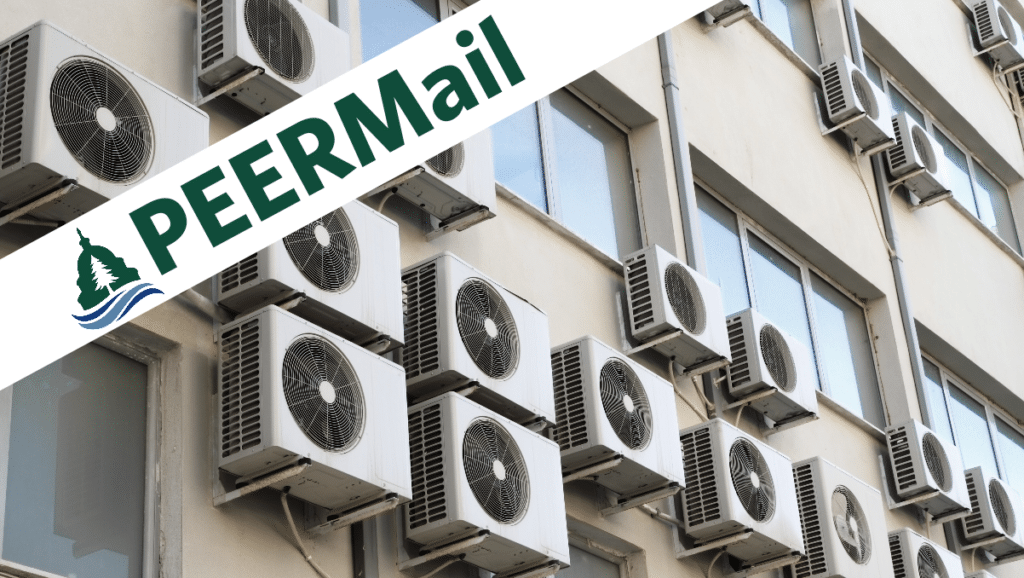The Chilling Fight Behind Climate Change
 The ability to cool our homes and workspaces has been one of humankind’s great achievements. Unfortunately, it has come at great cost to the atmosphere and overall climate health. But there’s hope! The innovative spirit that brought the world air conditioning has also brought the adoption of natural refrigerants in Europe and other forward-thinking regions. As global temperatures continue to climb, these eco-friendly alternatives possess the power to cool without contributing to the climate crisis. They represent a beacon of hope for a planet that desperately needs it.
The ability to cool our homes and workspaces has been one of humankind’s great achievements. Unfortunately, it has come at great cost to the atmosphere and overall climate health. But there’s hope! The innovative spirit that brought the world air conditioning has also brought the adoption of natural refrigerants in Europe and other forward-thinking regions. As global temperatures continue to climb, these eco-friendly alternatives possess the power to cool without contributing to the climate crisis. They represent a beacon of hope for a planet that desperately needs it.
Yet, this promising path faces a formidable adversary in the United States: the chemical industry. Driven by profit margins, chemical manufacturers continue to push refrigerants that not only worsen global warming but also contain per- and polyfluoroalkyl substances (PFAS). These hazardous compounds have come under increasing scrutiny due to their toxic properties, prompting regulatory action at both the federal and state levels. As the federal government and many states begin to regulate PFAS because of their toxicity, the chemical industry wants the U.S. Environmental Protection Agency (EPA) and Congress to exempt PFAS used in refrigerants from the definition of PFAS.
That is why the ongoing fight in the U.S. to define PFAS is so important. PEER is advocating that EPA and Congress define PFAS based on the presence of a carbon-fluorine bond, as they do in Europe.
This definition would cover PFAS used in refrigerants and thereby incentivize the use of natural PFAS-free refrigerants. The U.S. should follow Europe’s lead and not yield to industry pressures to use toxic refrigerants that accelerate climate change.
Unfortunately, EPA appears to be succumbing to political pressure and is kicking the can down the road on how to define PFAS .
As we brace ourselves for the pivotal years ahead, this issue will remain at the forefront of our efforts. We promise to keep you informed about our progress. In the meantime, please consider supporting our important climate change and toxic work.
What to learn more? Here are the presentations I gave at the conference ATMOsphere and Emerging Technologies Coordination Council where refrigeration and technology leaders are pushing for the use of natural refrigerants.
First Biden Scientific Integrity Policy Falls Well Short
The first revamped agency scientific integrity policy crafted under a Biden initiative leaves a lot to be desired. If finalized, this policy would cover all scientists and technical analysts working within the Department of Health & Human Services (HHS) and may serve as the template for new policies that are supposed to be adopted in all other federal agencies doing scientific work. Read More »
Major San Francisco Sewage Flooding Likely to Recur
Torrents of raw sewage erupting out of San Francisco manholes which flooded some forty homes last December is likely to happen again given that closure of a major outfall in 2021 dramatically reduced the capacity of the City’s sewer system. Read More »
Nutrient Bomb Set to Detonate in San Francisco Bay
San Francisco’s sewage agency is building a new biosolids facility that will significantly increase nutrient loading in the San Francisco Bay despite growing concerns about rising nutrient levels linked to fish-killing algae blooms. It seems that the San Francisco Public Utilities Commission (PUC) has no plan in place to off-set the danger. Read More »



